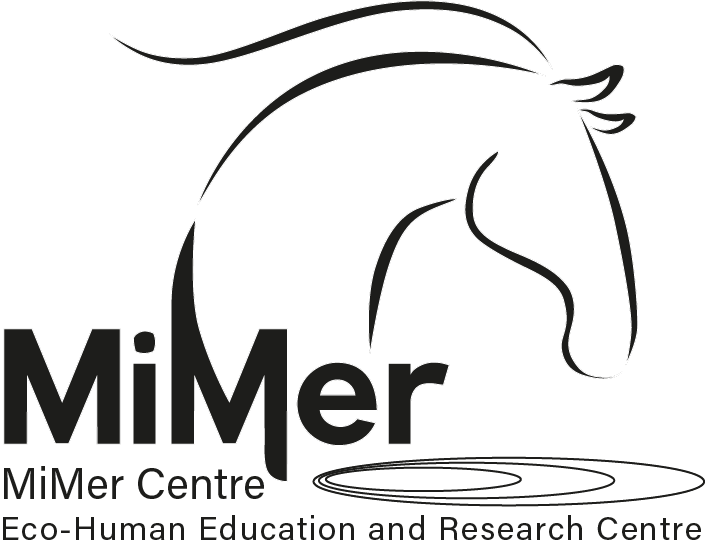I have always found it fascinating that we call horses flight animals. As if the thing that most defines them is their primary stress response. It is often the first thing people offer as a response to the question, who is the horse?
Letting a stress response dominate how we see a species, I think it is fair to conclude that freeze is the predominant stress response in humans, or perhaps please/appease/fawn?
Other ways we define horses is by what they eat – they are grazing (or browsing animals) and therefore they are herbivores, one-stomached herbivores (in contrast to cows or sheep that are ruminators, not fermenters, like horses).




